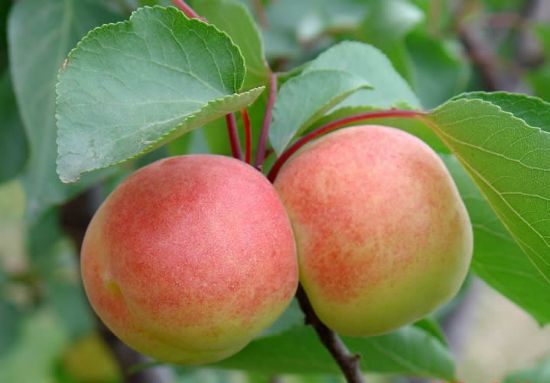Summer is the peach season. The taste of honey peaches and sweet honey is tempting. The ripe peach is slightly spherical, with a short coat of fuzz on the surface, white in the green, and red in the white. A peach usually weighs one or two hundred grams, and it weighs more than three hundred grams. Peach skin is very thin, rich in fruit, suitable for raw food, smooth entrance without leaving residue. The freshly cooked peaches are hard and sweet, and the ripe peaches are soft and juicy. When they eat, they should pick them up gently and carefully tear the skin. The taste is probably no different from that of the queen's mother-in-law. This kind of fruit is a rare summertime treasure for elderly people and people with bad teeth. TCM opinion 1, peach hot and sweet and sour, there is replenishment, fill the heart, Sheng Jin, thirst, consumer product, intestines, relieve labor heat effect, as "the fruit of the lungs," suitable for hypoglycemia, lung disease, imaginary asthma Man as an auxiliary diet. 2, peach kernel has blood stasis, Runzao Hua Chang, antitussive power, can treat stasis blood stasis, amenorrhea, abdominal pain, high blood pressure and constipation, etc. (for blind Chinese medicine use, can not eat raw food). 3, Bingtao (immature less than peach) and tea together with the dipping bubble as a drink, there is sweating, bleeding, can cure yin deficiency night sweats and hemoptysis embolism. 4, peach leaves also have the effectiveness of insecticide, will be Jianshui washing the genitals can treat vaginal trichomoniasis. 5, peach has swelling, diuretic effect, can be used to treat edema, ascites, dry stool, urine, and athlete's foot, foot swelling. Nutritional perspective Peach is rich in many vitamins, minerals, and fruit acids, etc. The fiber component has a lot of pectin and it has the effect of relieving constipation. Its iron content is the highest in fruit, 4-6 times that of apples and pears. It is an ideal supplementary food for patients with iron deficiency anemia. Per 100 grams of edible parts of peaches, the energy is 117.2-7.7 kilojoules, about 0.8 grams of protein, 0.1 grams of fat, 10.7 grams of various sugars, 8 mg of calcium, 20 mg of phosphorus, 10 mg of iron, and original vitamin A (carotene) 60 micrograms. Vitamin B 130 micrograms, vitamin B 220 micrograms, vitamin C 6 milligrams, niacin 0.7 milligrams, and vitamins, malic acid, and citric acid. The main ingredient of peach is sucrose, but the content of vitamins and minerals is less, but there is a lot of pectin that belongs to the fiber component, which has the function of whole intestines. The use of peach as a Chinese medicine is due to the presence of glycosides in the bud, which is effective for diuretic or constipation. Peony's Ye County is said to be used for bathing and to remove lice. Eating taboos for peaches 1, immature peach can not eat, otherwise it will bloating or phlegm; 2. Even mature peaches cannot be eaten too much, too much can cause heat to get hot; 3, rotten peaches must not be eaten; 4, peach bogey and turtles with food; 5. Diabetic patients should eat peaches when their blood sugar is too high. Peach storage The biggest feature of peaches is their aroma and sweetness. If you want to fully use this scent, it should not be placed in the refrigerator. In a dry refrigerator, the sweet smell of peaches will be constantly evaporated. Therefore, the peach should be stored at room temperature. The sweet smell of peach is not fructose, so it is not as sweet as other fruits, but it will produce more sugar at about 30°C. The sourness also increases with temperature, so when stored at 15°C to 20°C, the sour taste is inhibited, but fructose will still work and it will have the taste of sucrose, so the most appropriate method is to put it in ice water 10-20 minute. Shenzhen Guangyang Zhongkang Technology Co., Ltd. , https://www.nirlighttherapy.com